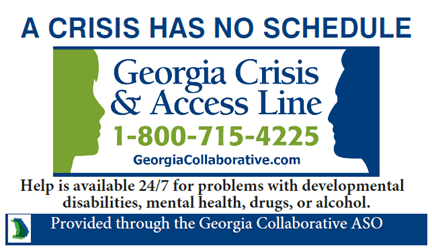What is a Crisis?
-
How do different experts define a crisis?
“People are in a state of crisis when they face an obstacle to important life goals—and obstacle that is, for a time, insurmountable by the use of customary methods of problem solving.”
(Caplan, 1961)
“…an upset in equilibrium at the failure of one’s traditional problem-solving approach which results in disorganization, hopelessness, sadness, confusion, and panic.”
(Lillibridge and Klukken, 1978)
“…crisis is a perception or experience of an event or situation as an intolerable difficulty that exceeds the person’s current resources and coping mechanisms.”
(James and Gilliland, 2001)
Types of Crises
Developmental Crises are associated with movement between stages of life (childhood to adolescence). They are typically predictable crisis that are part of the life cycle.
Situational Crises are sudden and unexpected crises that include accidents and natural disasters. They can impact many individuals simultaneously.
Characteristics of potentially traumatic crisis events include:
- A percieved extremely negative event; can generate extreme pain real (phyiscal or emotional) or potential
- Loss of control; helplessness
- Depersonalizing: strips away individuality and humanity
- Sudden and unexpected; very little time to adjust or adapt
- Potential for large scale impact
Classifications
- Severe Illness and Injury
- Violent and/or Unexpected Death
- Threatened Death and/or Injury
- Acts of War
- Natural Disasters
- Man-Made/Industrial Disasters
Signs of a Crisis
Common signs of a mental health crisis include:
- Changes in weight
- Decreased performance at school or work
- Dramatic shifts in sleep habits
- Neglect of personal hygiene
- Sudden changes in mood
- Withdrawal from normal activities
File Library
Contacts
-
Gina Hudson, PhD, NCSP
Coordinator of Support Services
706-826-1131 ext 5549
hudsogi@boe.richmond.k12.ga.us






